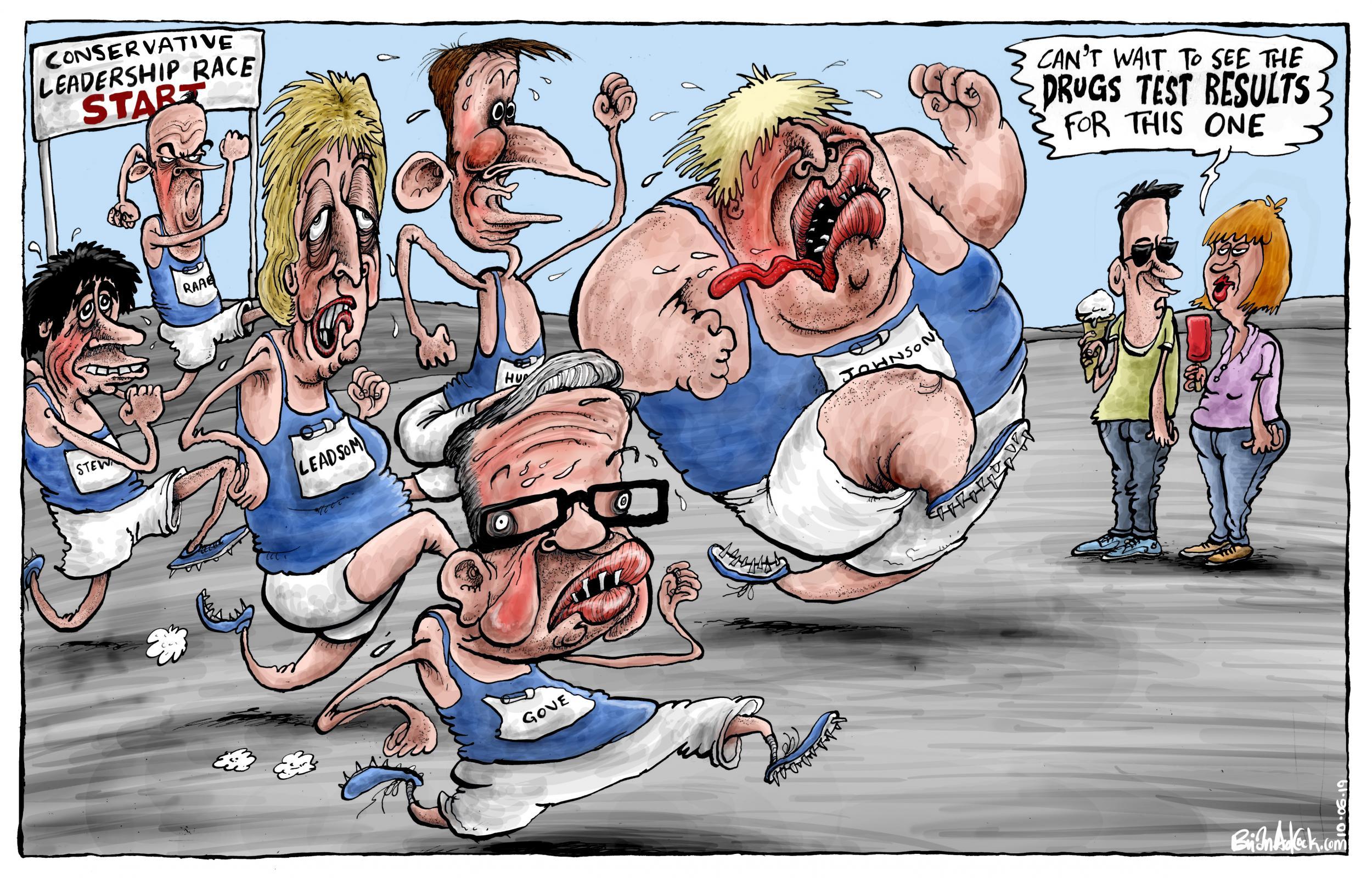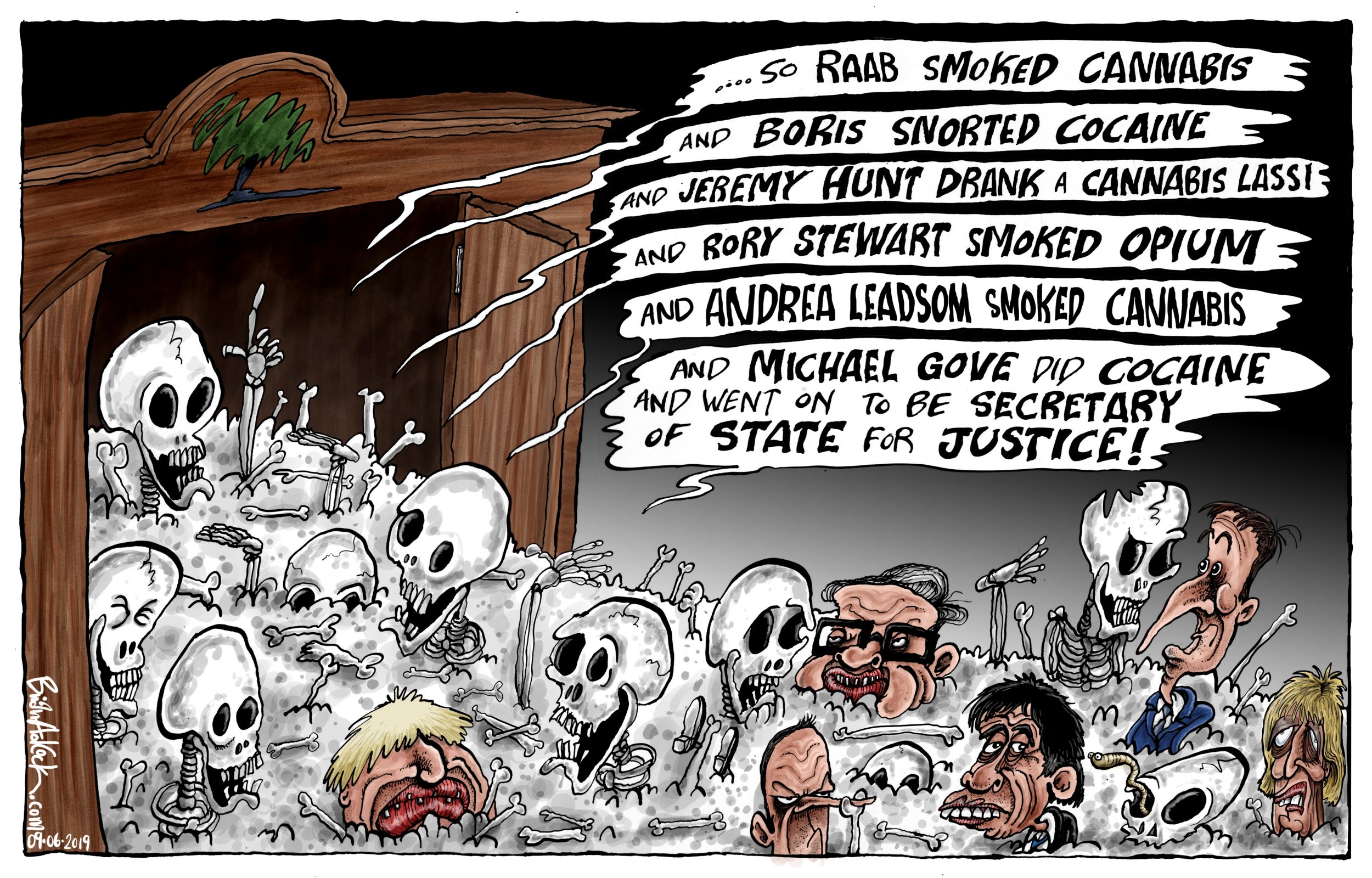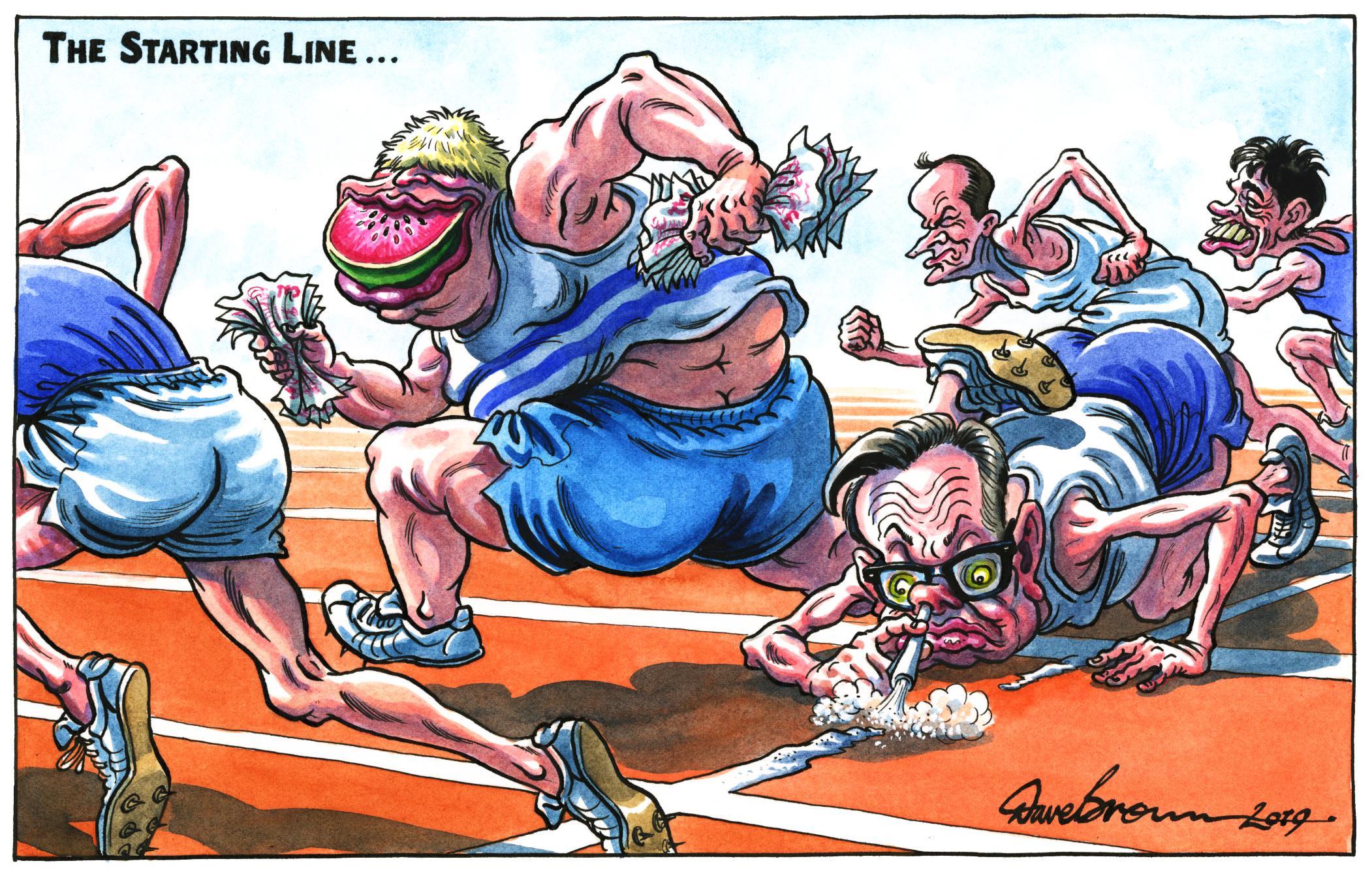The NYT responded to outrage by ditching political cartoons – it is a sad day if you care about holding power to account
The paper has said the offending cartoon was published due to a weak editorial process. The fear is that the threat of greater online outrage in the future encouraged them to think the only solution was to remove the process altogether

From next month the New York Times, seen by many as one of the best newspapers in the world, will stop running daily political cartoons in its international edition.
This decision comes after the publication of a cartoon back in May depicting Benjamin Netanyahu as a dog leading a blind Donald Trump. The cartoon, by Portuguese artist Antonio Moreira Antunes, was seen by many as antisemitic. Then came a torrent of criticism via social media.
The New York Times said the decision to drop cartoons had been taken a year earlier and was intended to bring it into line with its domestic edition in the US, but the move has left the global political cartoon community in shock.
Acclaimed French cartoonist Jean Plantu of France’s Le Monde, who set up Cartooning for Peace with the late UN chief Kofi Annan and is campaigning to have the UN’s cultural organisation Unesco declare political cartooning a fundamental human right, has even spoken out, saying: “I am worried about the future of our democracies, one cannot imagine a newspaper without political caricatures.”

So has American cartoonist Daryl Cagle, who runs the world’s biggest political Cartoon Website, Cagle Cartoons. “By choosing not to print editorial cartoons in the future,” says Cagle. “The Times can be sure that their editors will never again make a poor cartoon choice. Editors at the Times have also made poor choices of words in the past. I would suggest that the Times should also choose not to print words in the future – just to be on the safe side.”
The paper’s bizarre decision not only means excellent cartoonists like multi-award winning and long term contributor to the NYT Patrick Chappatte lose their jobs, it has contributed to the growing sense of unease amongst cartoonists that their profession is in decline.
Just before Christmas 2014 The Scotsman group of newspapers told all its cartoonists that due to economic reasons they were considering ending all political cartoons. I was one of those cartoonists – the news came as a terrible blow.
It had been a good year for me, I had won “Cartoonist of the Year” at the Scottish Press Awards for the third time and “Cartoon of the Year” at the Political Cartoon Society Awards. I had started to think that things were on the up. But a few weeks later, and a only a matter of days after the Charlie Hebdo attacks, the Scotsman management confirmed the game was up.

It seems to me that all too easily, editors and other decision makers at news outlets crumble under the weight and volume of those offended online – voices that are at least in part anonymous. The NYT has said the offending cartoon was published due to a weak editorial process. The fear is that the threat of greater online outrage in the future encouraged them to think the only solution was to remove the process altogether.
Taking the path of least resistance and giving in to those voices means damaging this unique form of journalism and therefore damaging free speech, a pillar of our democracy.
Political cartooning has always been a difficult and precarious way to make a living and most cartoonists will be aware of the ups and downs of pursuing this unusual career. But when a cartoonist’s position is cut due to editorial timidity or simply a lack of understanding of the power and importance of this art form, then it’s a sad day for anyone who gives a damn about holding the powerful to account.
In this increasingly crazy political epoch of ours, anything that informs, entertains and sometimes make us laugh is needed more than ever.
Join our commenting forum
Join thought-provoking conversations, follow other Independent readers and see their replies
Comments
Bookmark popover
Removed from bookmarks